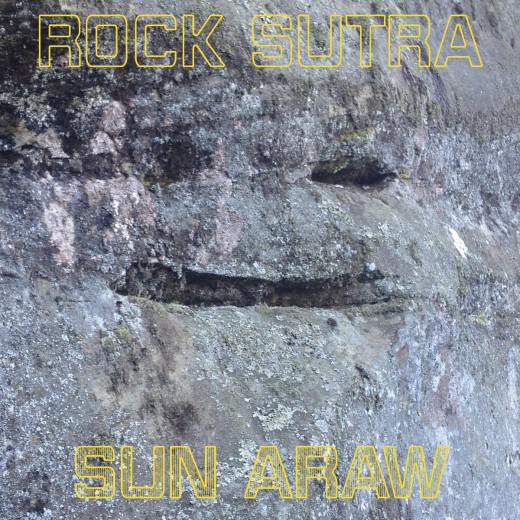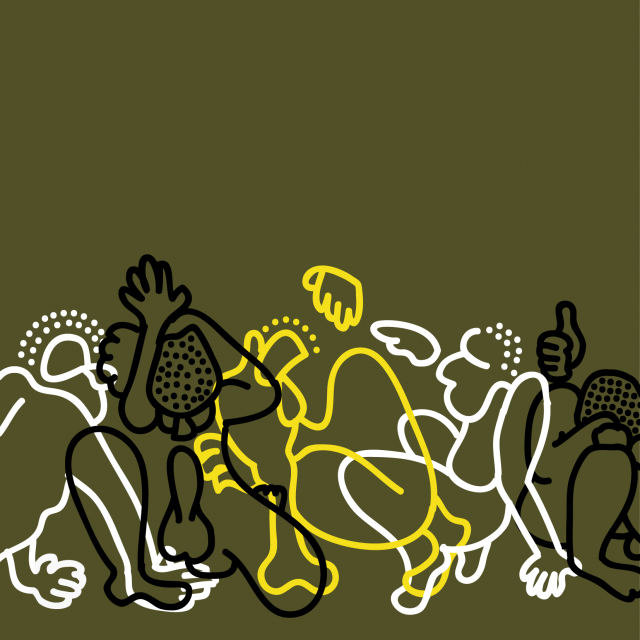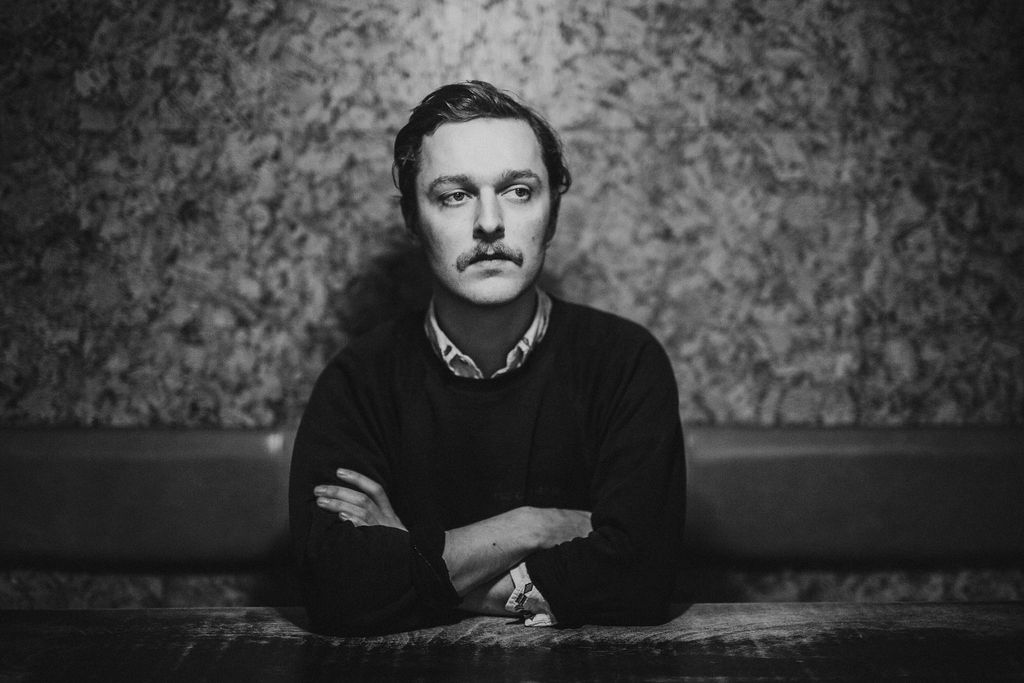Some music can act as a time capsule. Just think back to the last time you listened to a song you hadn’t heard in a while, and the forgotten associations that hang faintly by the periphery lit up. Other music, however, seems to come pre-loaded with such memories, evoking a feeling so strongly you could almost forget that you had never actually experienced it. The work of Cameron Stallone, a.k.a. Sun Araw, often explores such ideas: what Burial is to a 5am walk through south London boroughs, Sun Araw is to the last July sunset while spaced out on a deserted beach. At his heart, however, Stallone is not an archivist of the memories of our collective id: he is an experimentalist, more interested in exploring a musical future than its past. And so brings us to the latest evolutionary checkpoint in the Sun Araw project: Rock Sutra.
Opener ‘Roomboe’ sets the tone, with its similarity to the angular smorgasbord of Black Dice, but far less abstract. The song is a cut up collage of funk, calypso, and ’70s sci-fi – a mix which could describe the Sun Araw ouvre quite well, but here the join lines are even more pronounced: a welding of influences together in a seemingly more haphazard fashion. And like any such contraption, you need to see it humming for a bit before you trust that it’s not about to fall apart. By the time the listener reaches the closer ‘Arrambe’, the experiment finally begins to coalesce: previous disjointed fragments of synth-funk and exotica finally begin to integrate with each other, as opposed to the more jarring cut-ups of the previous songs. But even those previous songs start to make more sense in retrospect after the first play through. The album is a grower, to be sure, and some its best qualities almost need to be teased out. At its poppiest, like on ‘78 Sutra’ or ‘Arrambe’, the music has the vibe of Yeasayer as envisioned by M.C. Escher, but such moments can be few and far between.
The sound of Rock Sutra has been in development for close to a decade at this point: compare the sound of the albums made before and after Icon Give Thank, his 2012 collaboration with M. Geddes Gengras and the Congos, to see the divergence point. The hypnagogic soundscapes of 2010’s On Patrol are now themselves confined to the past, and a more challenging, but altogether colder sound is the focus. Overall, Rock Sutra is a difficult album to love, easier to be intrigued by than enamoured with: even after getting to grips with its jerky rhythms and sonic curveballs, the album doesn’t hook the listener in a way that will bring them back again and again. It’s a disappointment, given how previous Sun Araw albums could effortlessly walk the line between being challenging and approachable, while still sounding like nothing else. Stallone must be commended for never remaining static in the music he makes, but this particular venture sadly does not scale the heights of his most emotive work. Even the greatest space rock has to come down to earth eventually, I suppose. Will Abbott






